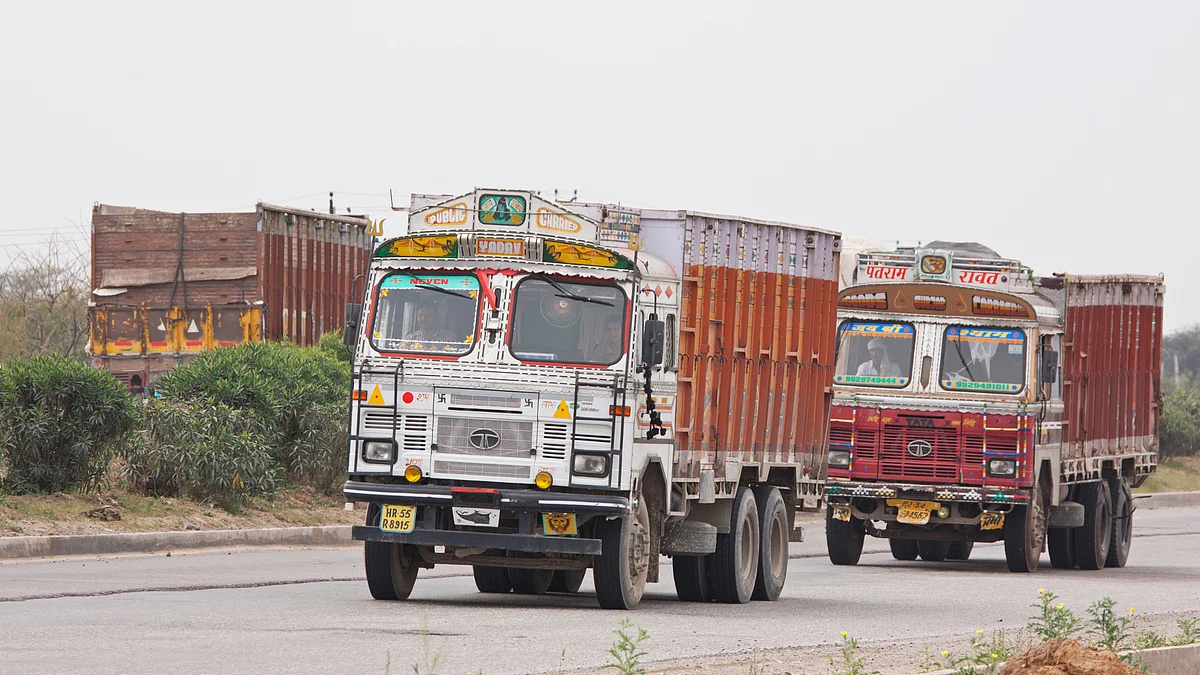Entry Tax: The Case That Could Cost India Inc Rs 30,000 crore
In the SC hearings of the case, the key issue was whether the levy of the tax is constitutionally valid.

advertisement
What is commonly being called the ‘entry tax’ is actually a bunch of 2000 cases, which together could result in a tax burden of over Rs 30,000 crore for several Indian companies, reported BloomberQuint. The companies include Vedanta Aluminium, Reliance Industrieas and Essar Steel among others.
When a nine-judge bench at the Supreme Court began hearing these cases last week, it all boiled down to one key issue – is the levy of entry tax by states constitutionally valid?
How the Debate Began
To put it simply, entry tax is the tax levied by a local area body, like the municipal corporation or the state government, to allow the entry of goods into that area.
The case was subsequently referred to a larger bench of five judges for greater clarity on the definition of free trade.
In their future petitions, companies like Vedanta, Jindal, Reliance and others have argued that the tax violates Article 301 of the Constitution which protects free movement of trade in a common and unified market.
What Is the Impact of and for GST?
Counsels representing the companies argued that repealing the entry tax laws would allow for the much anticipated Goods and Services Tax (GST).
Even as many suggest that GST will resolve the entry tax issue, Arvind Datar, senior advocate and counsel for one of the companies in the ongoing entry tax matter, told BloombergQuint in an interview that he believes “trade and commerce issues will continue even if entry tax is abolished.”
What Can We Expect?
Those involved in the cases say it is difficult to give a specific number for the amount retrievable from companies as lakhs of cases are pending in high courts.
So far in the hearings, state governments’ counsels have claimed arrears of over Rs 30,000 crores, and interest additionally, from corporate houses.
Read the full report here.